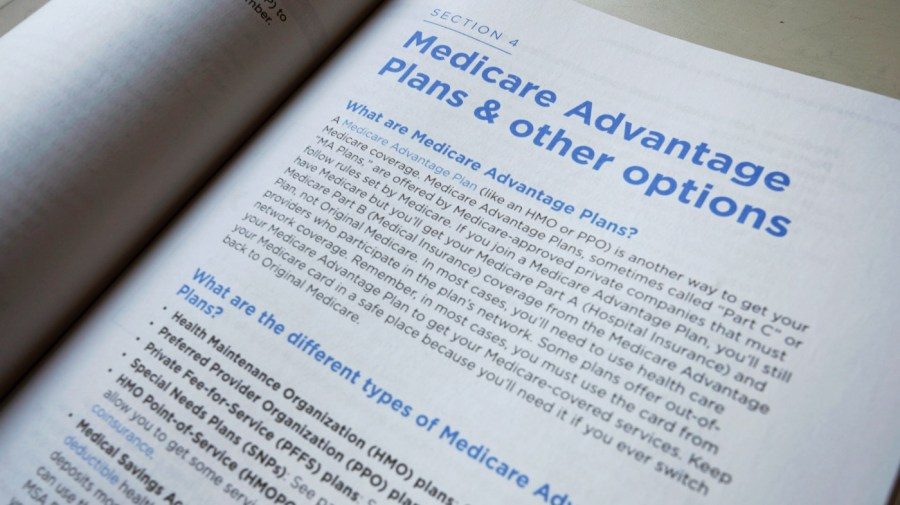Many older Americans are unaware of the changes coming to Medicare’s prescription drug benefits in 2025 that could save them money, so public and private sector organizations are mobilizing to spread the word.
The changes, which include a $2,000 cap on out-of-pocket prescription drug costs and a new program designed to help enrollees spread out their medication costs over the course of the calendar year, are part of the Inflation Reduction Act (IRA) and take effect for this open enrollment.
“If you are someone living with a serious illness or illnesses and you have been historically used to high out-of-pocket costs, that $2,000 cap is welcome news,” Amy Niles, Chief Mission Officer of the PAN Foundation, said during a Tuesday event hosted by The Hill about 2025 Medicare drug benefits.
“Albeit it is still quite a bit of money for many Americans … it is still going to be a struggle for many communities,” Niles said at the event, which was sponsored by the Alliance for Aging Research.
The IRA is the climate and health law that President Biden and Vice President Harris, the Democratic presidential nominee, tout on the campaign trail as one of the administration’s biggest accomplishments.
Niles noted that the cap is automatic; after beneficiaries spend $2,000 on deductibles and copayments, the rest of their Part D drugs are free. However, people need to proactively sign up for the new Medicare Prescription Payment Plan, which involves education.
The plan helps beneficiaries spread out the costs of their prescription drugs throughout the year. It won’t save people money, but it can help with cash flow and ensure that someone isn’t paying a large bill all at once if they don’t have the money on hand. For instance, a $2,000 bill at the very beginning of the year could become a $167 monthly payment.
If someone is enrolled in the plan, they won’t pay for their drugs at the pharmacy counter. Instead, they’ll receive a monthly bill from their drug benefit plan.
Julia Schreiber, program director at the Maryland Department of Aging, said the state has partnered with senior centers and older adult education centers to hold information sessions and reach people where they spend most of their time.
Tom Kornfield, founder and CEO of MAST Health Policy Solutions, said he thinks the federal government should do more to help inform people when they are making such complex changes.
“When the government implements a policy they need to lean into it and they need to follow through on it,” Kornfield said. “And I’m not seeing that kind of commitment from CMS [the Centers for Medicare and Medicaid Services]. I think it’s unfortunate … I feel like that’s a missed opportunity.”
Niles agreed that information on program changes is hard to find, especially since few older Americans search online or read through supplemental material like handbooks.
Kornfield said some of the largest insurers like CVS and UnitedHealth are consolidating drug benefit plans, so beneficiaries need to be aware of what their premiums will be.
“Really look at your plans, shop around. There’s a chance if you don’t take action, your premiums will go up,” Kornfield said.

